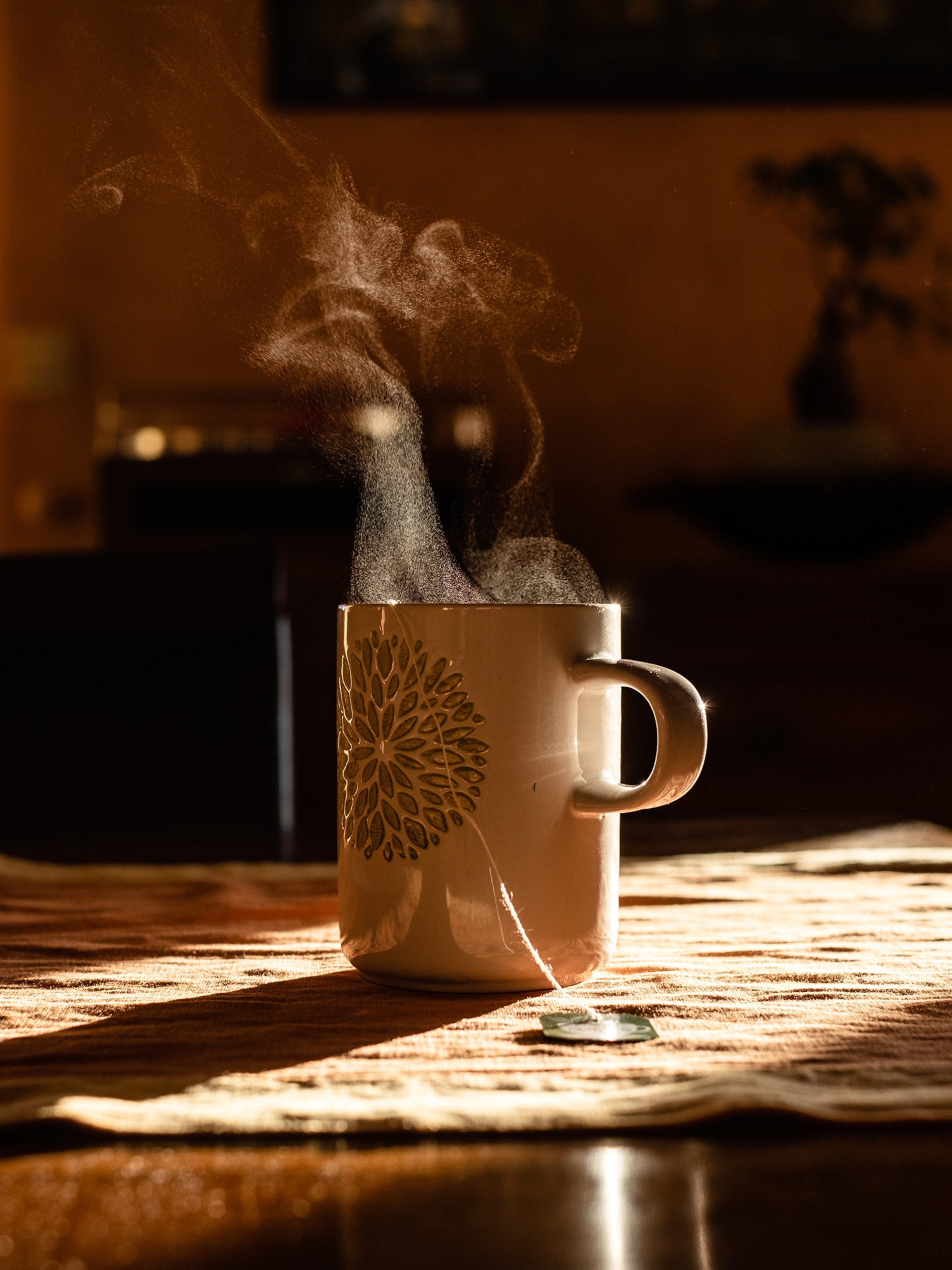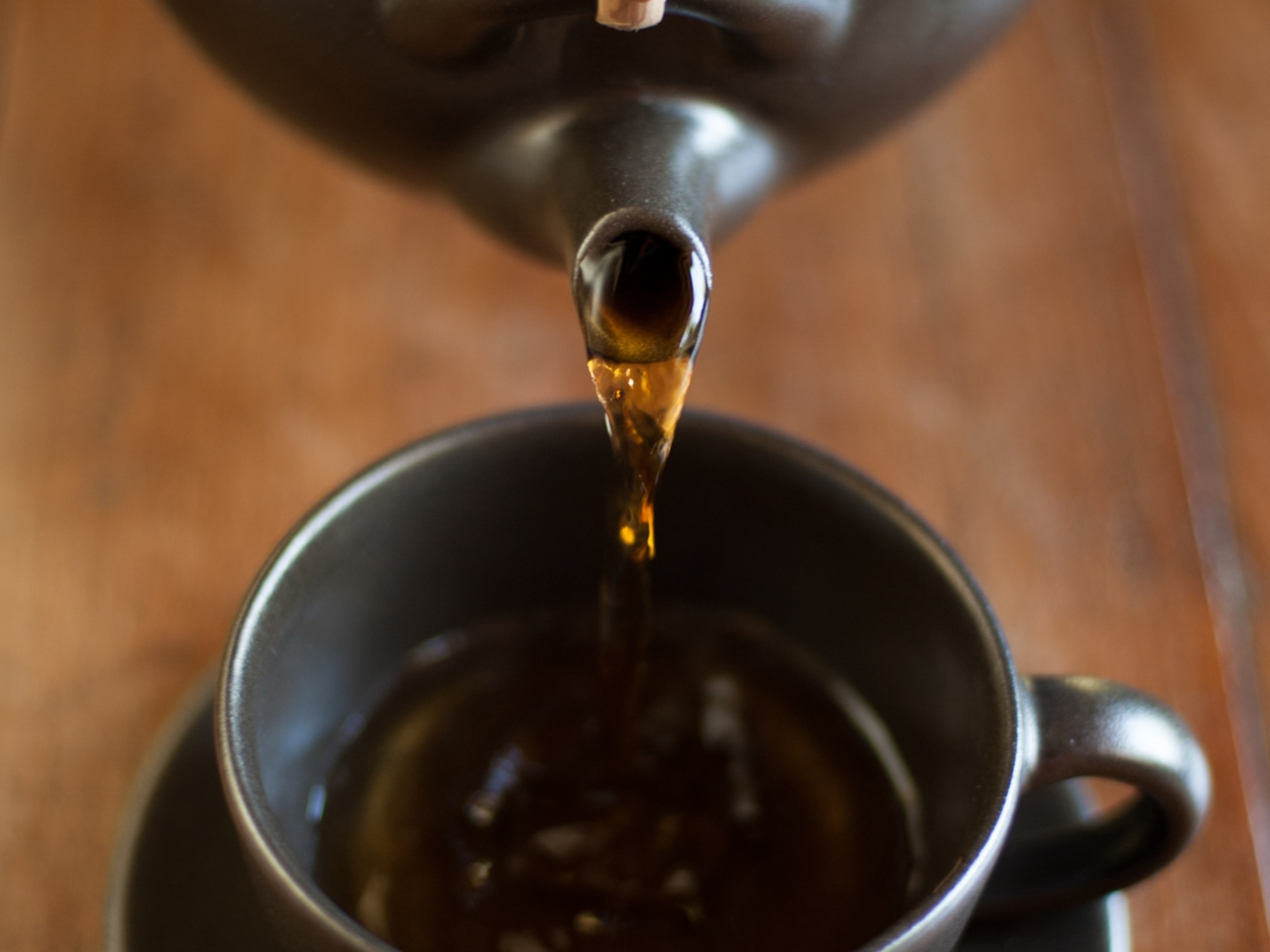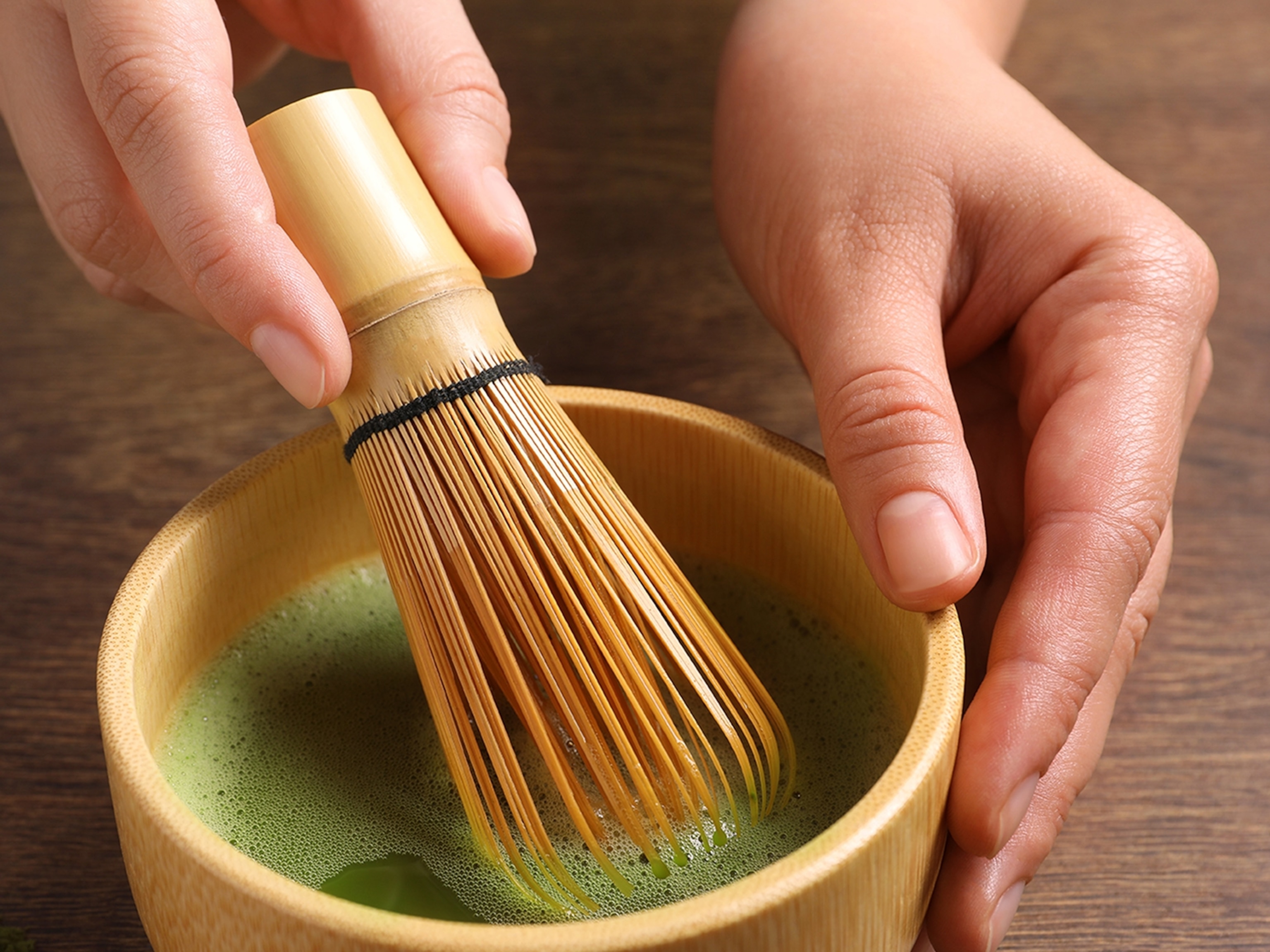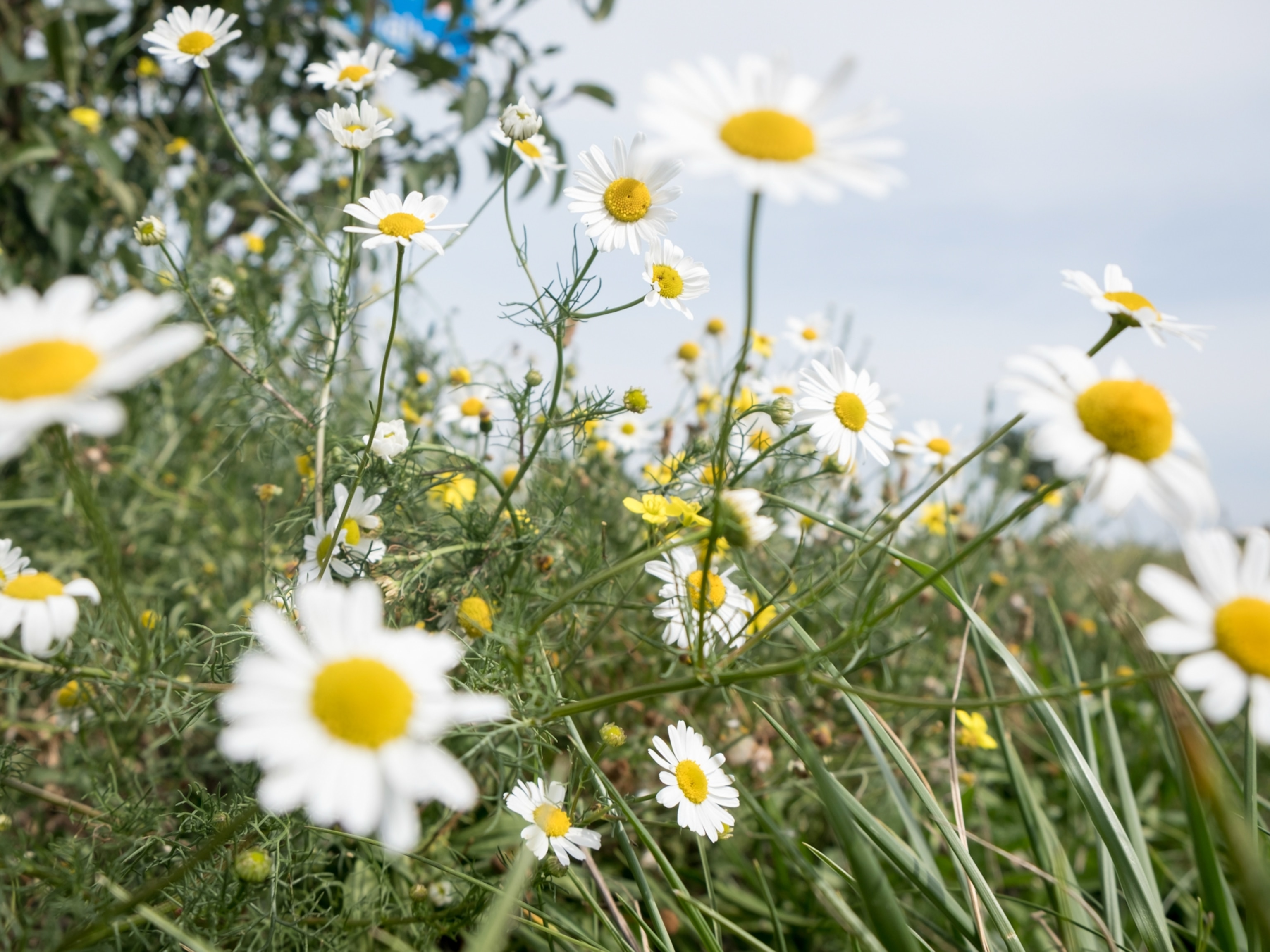
Why you should consider switching from coffee to tea
Both drinks have their benefits, though the more subtle tea may offer more.
Coffee and tea are some of the world’s most popular beverages, and for good reason, as several studies show that people who regularly drink coffee or tea live longer lives and have fewer health problems than their peers who don’t. Although coffee often steals the limelight with its bold flavors and high-energy jolt, tea—packed with unique compounds that promote calm focus—has carved out its place as an equally powerful contender. Here’s why tea might be the better choice for your next cup.
Lower caffeine, fewer side effects
One of the main reasons it might be worth switching to tea is its lower caffeine content. Caffeine can sharpen focus and increase alertness for some, but for others, the side effects of overconsumption—jitteriness, insomnia, and even heart palpitations—can outweigh the benefits. The FDA recommends a daily caffeine limit of 400 milligrams, but some people may be much more sensitive to caffeine due to age, gender, genetics, or medications.
“The side effects of caffeine really are the primary reason you might want to get away from coffee,” says Alexis Supan, a registered dietitian at the Cleveland Clinic, in Cleveland, Ohio.
Here’s where tea shines. A typical cup of tea contains between 20 and 60 milligrams of caffeine, depending on the type, compared to the 80 to 100 milligrams of caffeine in an average cup of joe. Herbal teas—which are naturally caffeine-free—can also be a soothing alternative. Chamomile, for instance, is known for its calming effects, while rooibos is packed with antioxidants.
(You actually can consume too much caffeine. Here are the risks.)
A powerhouse of antioxidants
Both coffee and tea are rich in bioactive compounds—plant-based chemicals that promote health—but tea stands out for its particularly diverse array of antioxidants. These compounds, including flavonoids, polyphenols, and catechins, are linked to lower risks of heart disease, diabetes, and certain types of cancer.
Green tea, for example, is particularly rich in epigallocatechin gallate (EGCG), a powerful antioxidant that supports cell health and may slow aging. Black teas, on the other hand, are packed with theaflavins, compounds that support cardiovascular health.
“When we eat fruits and vegetables, we get bioactives, and they’re good for our health,” says Emma Beckett, a nutrition researcher at the University of Newcastle, Australia. “When we make a cup of tea or coffee, that very hot water [combined with] that very small, chopped up [plant material], is a very efficient way to extract bioactives, and get them in our bodies very quickly.”
This means that your daily beverage of choice can also be a potent source of healthy compounds. “If you don’t like eating your vegetables, tea is a great place to get bioactive compounds, like you would with fruits and vegetables,” Beckett says.
Research suggests that many of the health benefits associated with drinking tea—from a decreased risk of chronic diseases to longer lifespans—can be attributed to these bioactives. “It does make sense that we see populations who drink more tea live longer and do better,” Beckett says.
How tea makes you calm
One of the major differences between coffee and tea is the presence of a molecule, L-theanine. Found primarily in tea leaves, this non-protein amino acid can make people feel more alert, without making them feel alarmed,” Beckett says. “You get more bang for your buck, potentially, from tea, because of the combination of the caffeine and L-theanine.”
For people who are sensitive to caffeine, the calming effect of L-theanine can offset the jittery feeling associated with coffee. “It reduces anxiety, [and] it makes you feel good,” says Evangeline Mantzioris, a dietitian at the University of South Australia.
L-theanine also has notable effects on brain health. Research suggests it enhances cognitive performance, reduces stress, and may even improve sleep quality.
(These ancient forests in China produce the world’s finest tea.)
Ultimately, the choice between coffee and tea often comes down to personal taste and lifestyle. “Drink which ones you prefer. If you like both, drink both, because you’re going to get slightly different benefits from both,” Mantzioris says. “It’s all about the dietary pattern.” But for those seeking a gentler caffeine kick, a boost in antioxidants, and a mindful ritual, tea may just be the healthier brew.





